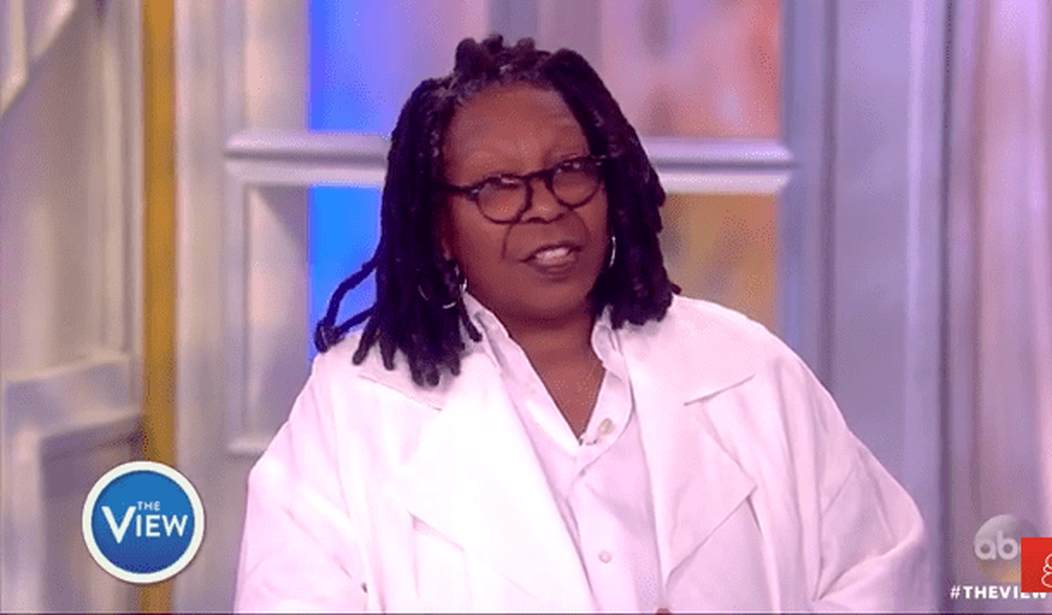Full disclosure: I have never eaten my placenta. I was more of the let’s-bury-it-and-plant-a-tree type. Which, of course, translates into it living in my freezer for a year in an ice cream bucket. It never occurred to me it was anything more than fertilizer.
I was wrong.
With the birth of my last grandchild (number 26), my daughter’s midwife highly recommended placental encapsulation—having the placenta cooked and ground and placed into pills.
Personally, I was a little worried about her. She had undergone a lot in just a few short months: induction into military life, a major move several states away from her family, and a first baby surprising her two weeks early. Then, of course, there were the 50 unopened moving boxes lining the walls of every room of her new home. To me, she was heading for the eye of the baby blues storm. So, I encouraged her to give it a try.
At first, she took them when she could remember. Then she noticed a significant difference when she didn’t take them, and soon they became her (and her husband’s) best friend. She credits the pretty little blue pills for helping her navigate first-time motherhood and for saving her sanity. So do I.
I’d much rather look at my daughter’s success as a good reason for further investigation, rather than the fact it’s been making news through celebrity gossip channels for some time now. Don’t dismiss it as a fad, like I did at first.
The truth is that placentophagia (the sterile, scientific word for ingesting your placenta) is gaining traction among educated women and in the medical community for some very sound reasons.
Giving…placenta to a new mother following birth has become standard protocol among a growing number of midwives in the United States. By nourishing the blood and fluids, endocrine glands and organs, Placenta will …reduce or stop postpartum bleeding, speed up recovery, boost energy and relieve postpartum blues.
Here’s why you should think about trying it:
- Increases milk supply. Hospitals are notorious for sabotaging mothers who want to breastfeed. Despite their on-staff experts, the very system is rigged against the bonding between mother and infant. Even mothers who desperately want to nurse their babies find, to their dismay, that they don’t have enough milk.
- Chases away the baby blues (and keeps your husband from running away). To say that having a baby is a life-changing event is a gross understatement. The hormonal changes that take a woman from nurturing a fetus to nursing a newborn are enough to make you think you are certifiably insane. However, there is a distinct difference between postpartum depression and the baby blues. Baby blues are when you ask your husband to go get you some ice cream, then cry for the entire time he’s gone, because “he left you.”
- Decreases afterbirth pains. Personally, this would have sold me right here. Most of us are caught by surprise with the intensity of afterpains.
If the thought of eating discarded body organs repulses you, that’s probably a good thing. That’s why God made encapsulation, which could be the greatest gift to moms since the nursing bra.









Join the conversation as a VIP Member